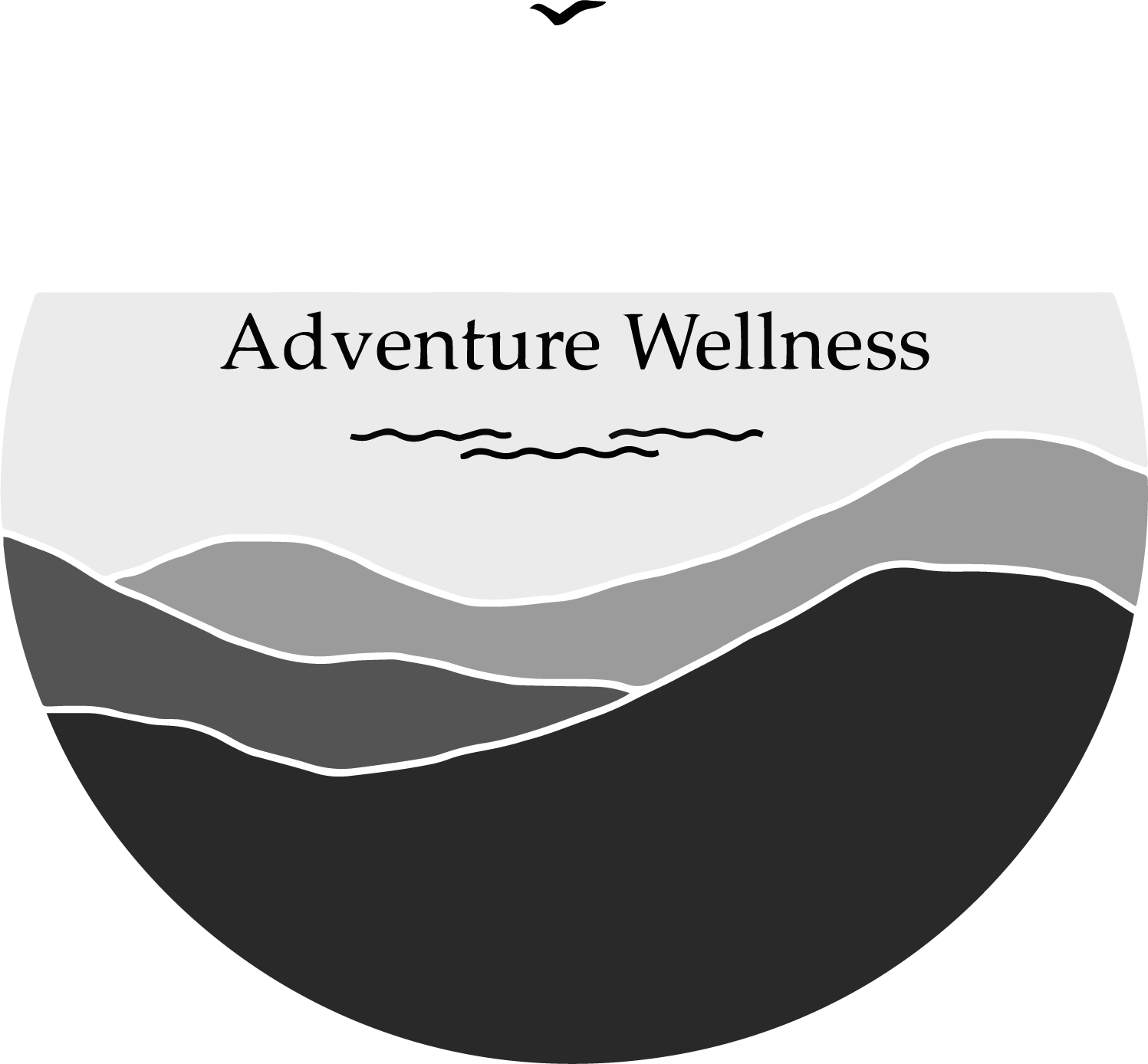Strategic Planning and Trust
In my role as an executive director of various nonprofit organizations I found myself responsible for wrangling the board of directors, staff and other stakeholders through a strategic planning process. Strategic planning often went longer and became more arduous than anyone anticipated and produced plans that few people ever read. The reason that traditional strategic planning does not generate the desired results is that some fundamental ingredients get lost along the way.
Trust, for one thing, gets overlooked as the foundation of any good team process. But building trust is not easy. It requires people to pay attention to each other in ways that tend to make people uncomfortable.
A couple of other key pieces that get lost are shared purpose and accountability. People who don't feel trust have a hard time feeling a sense of shared purpose or holding each other accountable for achieving the goals associated with that shared purpose.
So what to do?
If we take a step back, all of us, and allow ourselves the literal and figurative breathing room to become more aware internally of what’s going on inside, it sets us up to approach others with greater awareness and likelihood of connection. That connection can build trust and help us feel that critical sense of shared purpose.
It’s popular in workforce culture to say “people just need to feel heard.” Or: “everyone just needs to vent sometimes.” Well, this is a good starting point except that a better starting point is hearing yourself first.
Get uncomfortable with your own pain points first. Sit silent and listen to your breathing. Hear the chatter of your super ego telling you all the sadness, anger and fear that swirl around your own mind. And just breathe. Let yourself drop into an awareness of those thoughts and feelings. And just breathe some more.
This is is a mindfulness path to hearing and healing some of your stuff so you are better able to raise your awareness of what other people are about.
Strategic thinkers can evolve into someone with strategic awareness when they develop the ability to:
detect when emotions, feelings and thoughts are running rampant inside the self
create space, a pause button if you will, that gives them time to choose a response to the input of others
pivot from a reactive mode to a relaxed intensity grounded in kindness, respect and grace
Radiate a sense of trust-worthiness that comes from an authentic place of trusting others and allowing them to express their truths - however different
It’s not easy, but the process is worth exploring. If you want to learn more or comment on this article, send me a note Charles@practice.place.

